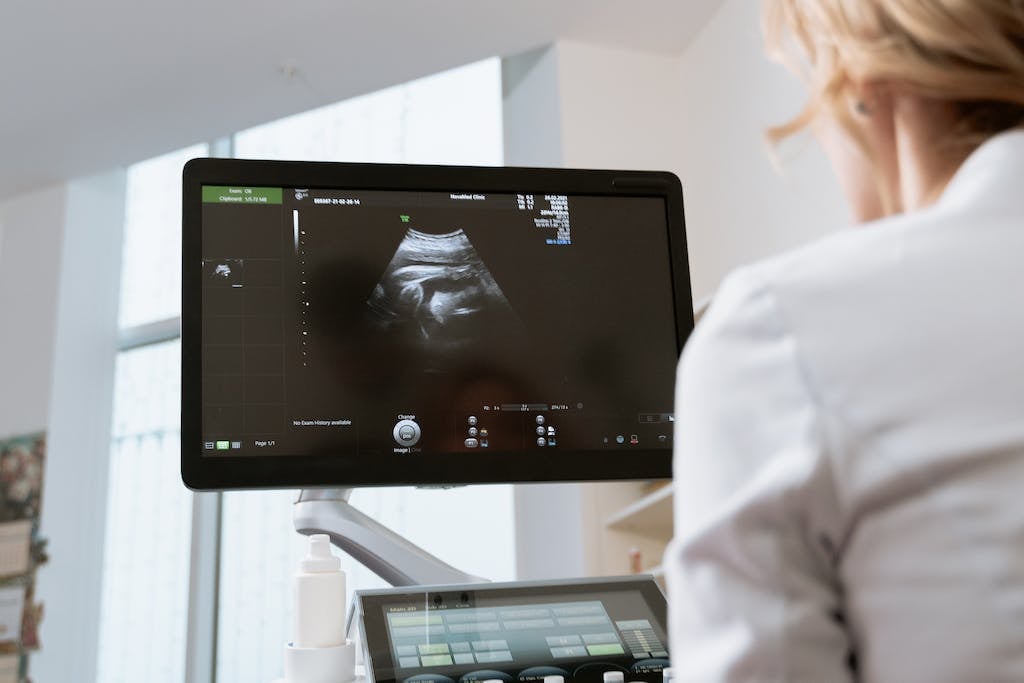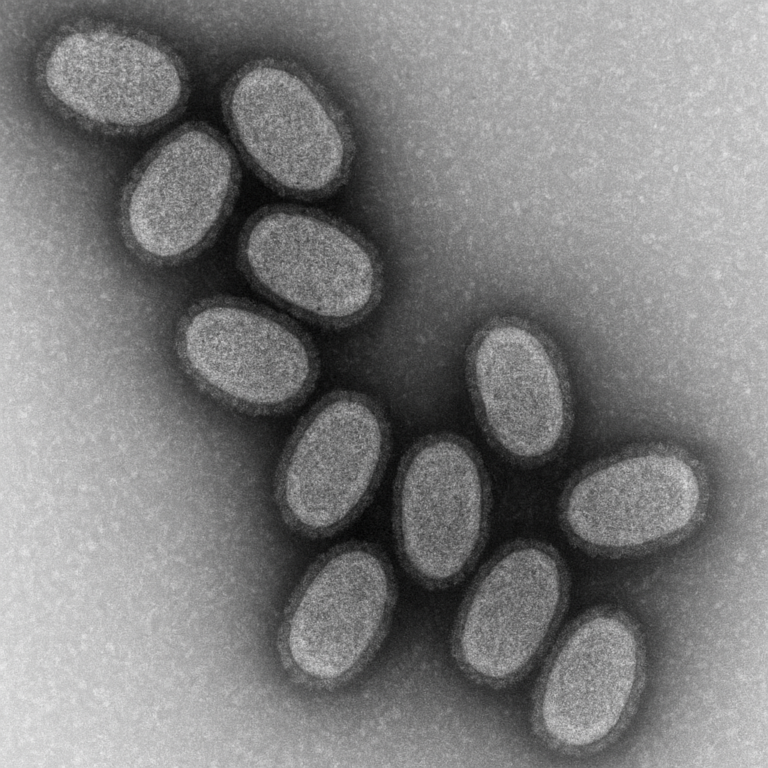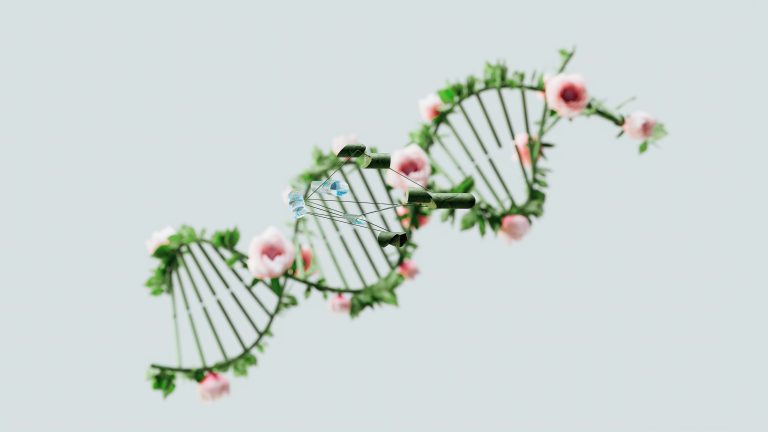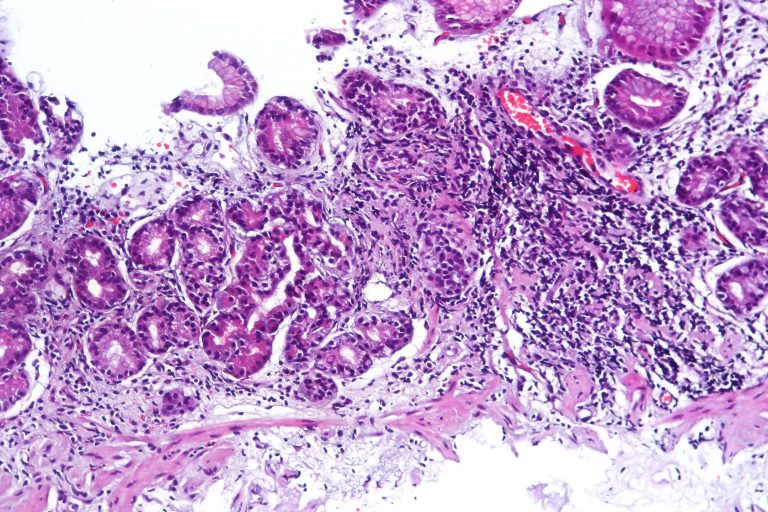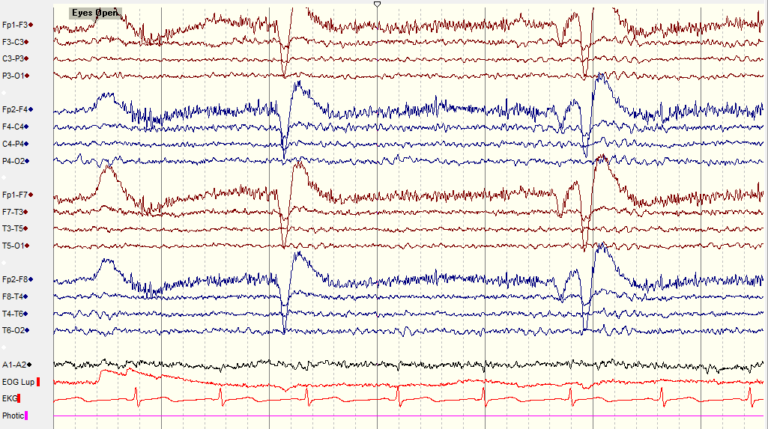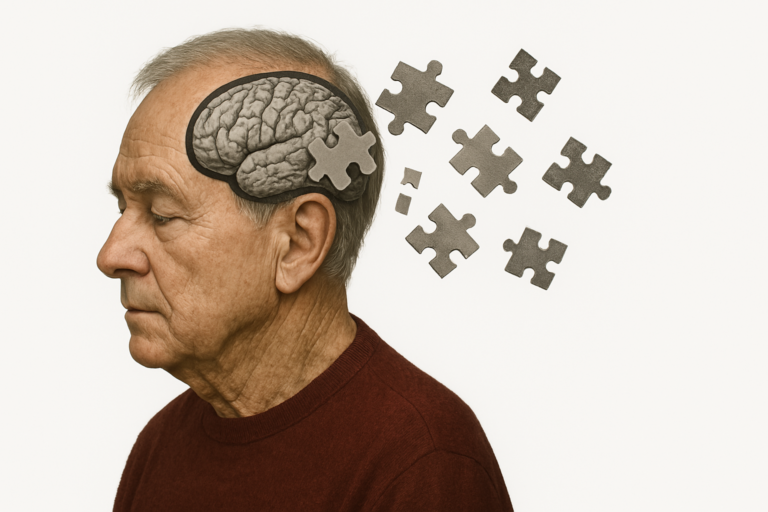Deep Learning-Based Automated Diagnosis of Moyamoya Disease Using Magnetic Resonance Angiography
Moyamoya Disease (MMD) is a rare and progressive cerebrovascular disorder characterized by the gradual narrowing or occlusion of the intracranial internal carotid arteries and their major branches. This process leads to the compensatory proliferation of collateral vessels, forming the characteristic “moyamoya” network. MMD can result in severe ischemic or hemorrhagic strokes, with a particularly high incidence and disability risk among children and young adults. Due to its clinical manifestations resembling other cerebrovascular diseases and its complex pathological mechanisms, diagnosing MMD remains a significant challenge.
This study aims to develop a deep learning-based automated diagnostic model that utilizes magnetic resonance angiography (MRA) images for efficient and accurate MMD identification and disease staging. By leveraging artificial intelligence technology, the model enhances diagnostic efficiency while reducing the subjectivity and variability associated with manual interpretation. The application of this model not only facilitates the early detection of MMD but also provides clinical decision support for physicians, promoting the development of personalized treatment strategies and improving patient outcomes. In the future, this technology is expected to become an integral part of clinical decision support systems (CDSS), playing a crucial role in precision medicine and advancing the standardization and intelligence of MMD diagnosis and treatment.


